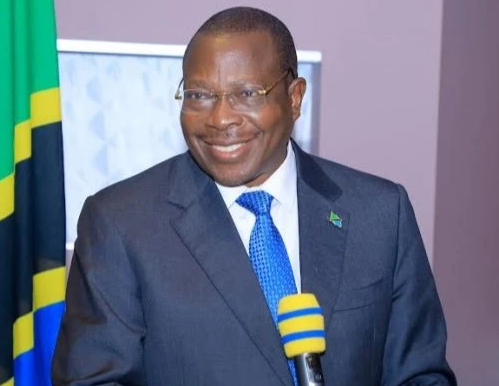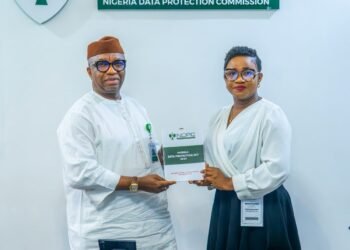Tanzania is set to replace its 2003 National Information Policy with a transformative new framework, the country’s Vice President Dr. Philip Mpango said at the opening of the Second African Media Councils Summit in Arusha.
The revised policy aims to align with the Constitution, international human rights standards, and the rapid evolution of digital technology, marking a significant shift in the country’s media landscape.
Speaking at the three-day summit, themed Advancing Media and Communications Regulation for Quality Journalism in Africa, Dr. Mpango outlined key reforms in the draft policy, which is nearing completion. These include curbing the excessive powers previously held by the Director of Information Services, reducing punitive measures against journalists, and streamlining the licensing process for greater transparency.
“This new policy, expected to take effect soon, addresses the growing influence of social media, digital platforms, and emerging security challenges,” he said, emphasizing its focus on press freedom, ethical accountability, and the public’s right to accurate information.
ALSO READ: NIS TO GO FULLY DIGITAL FOR CERPAC APPLICATIONS
Dr. Mpango also raised concerns about the risks of artificial intelligence (AI) in media, warning of potential misinformation from AI-generated content. “Africa, still integrating information and communication technology, faces heightened risks of disinformation from AI misuse,” he noted, urging the summit to propose legal and regulatory reforms to balance AI’s benefits with journalistic integrity.
The Vice President stressed the need for robust media laws across Africa to combat false information, hate speech, and divisive rhetoric on digital platforms, which threaten journalistic integrity and public trust. “Strong legal and institutional frameworks are vital to safeguarding democratic values,” he added.
The summit, coinciding with the 30th anniversary of the Media Council of Tanzania (MCT), honored Tanzania’s founding President, the late Mwalimu Julius Nyerere, and second President, the late Ali Hassan Mwinyi, with posthumous awards for their contributions to media development and environmental conservation.






























































